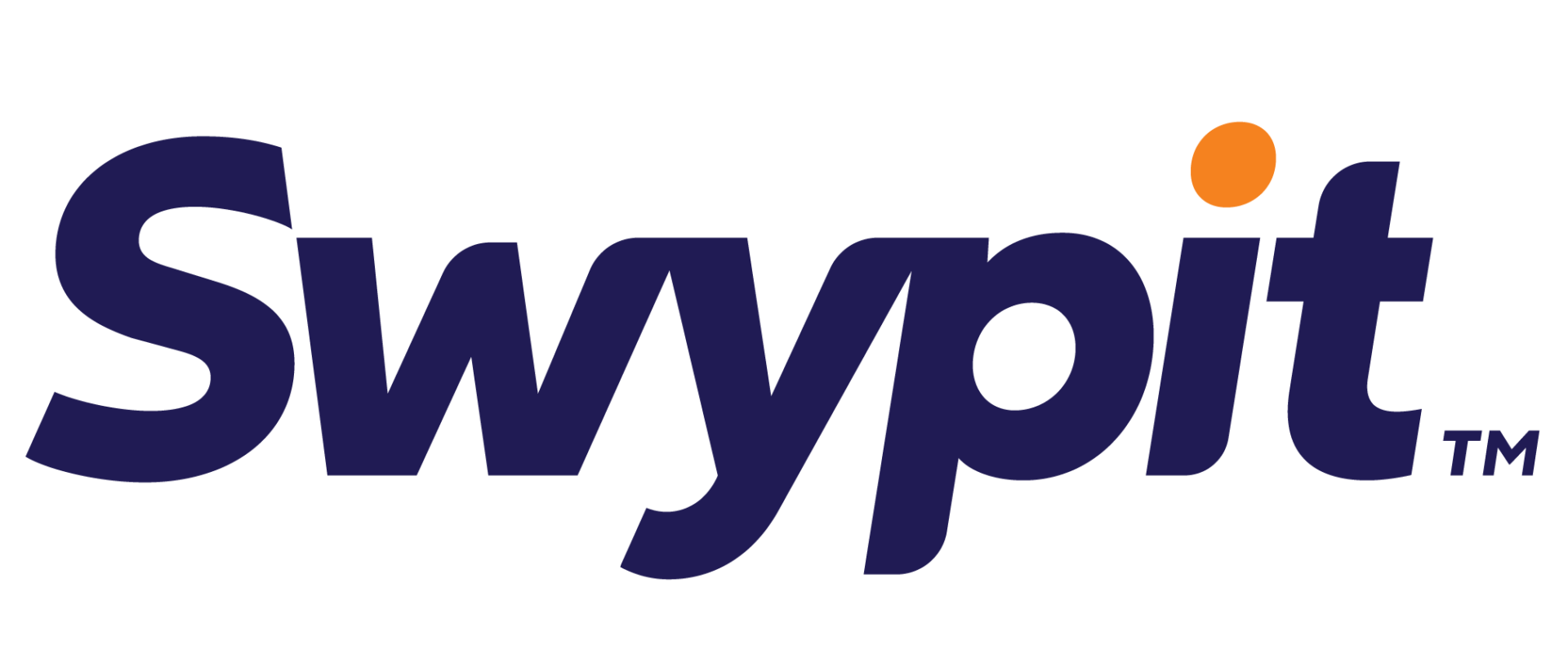When Setting Goals in Life and Business, Is the Outcome or the Process What Really Matters?

Blog
Recently, we discussed the importance of goals—goal setting and the roadmap to achieving those goals—to our personal and professional success.
But what is more important—the goals, the process, or the outcome? We went over the basics of goal setting theory in that last piece. However, we ended it with that question.
And here’s the thing… those experts we referenced on goal setting theory, point out something else that many of us sometimes miss—we often set our goals way too small.
You see, sometimes we set goals that we know we can or will reach, with just basic (or even minimal) effort. We think that if we do that, we can feel good about or report that we’ve, “…Succeeded in achieving our goals!”
Yet, is that really the best practice when we want to create dramatic results?
Actually, many goal setting and goal theory experts say, “No!”
Remember, our goals will determine our behavior. Similarly, goal setting theory also states that the most simple and direct explanation for why some people perform better than others is simply because they set higher goals.
What? Yes, setting higher, harder, or more challenging goals means we work harder and almost always, perform higher.
In other words, goal setting and performance are related in a linear way. People adjust their level of effort, motivation, and determination based on how hard or easy the goal they set is.
Thus, if we want to see bigger results, why not set bigger goals?
That is exactly what we should do!
If we set bigger goals, we will do more—expend more effort and stay more motivated—to achieve them because the strength or size of the goal will determine the strength or size of our effort. Therefore, even if we “fall short” on the actual result we attain, we will still likely achieve MORE in the process than if we had set smaller or less challenging goals.
Enhancing the positive aspects of setting challenging goals, is another important idea…
A learning goal orientation—a goal where the success is in the process or pathway to achievement and not the achievement itself—has been proven to lead to higher quality results that a performance specific goal orientation. The latter goal orientation is when the focus is on achieving a certain or specific result.
So, what can we take from these two facts about goal setting and achievement that can help us realize greater success personally and professionally?
While goal setting and a goal achievement objectives are both important, the real power is in all the things we are able to improve and make better in the pursuit.
Most likely, when we go after those BIG goals, we learn new skills and gain new confidence as we meet smaller “progress goals” or “checkpoint goals” along the way. All these things can be fulfilling AND inspiring, providing a high level of satisfaction and giving meaning and value to our lives both at work and outside work as well.
Therefore, try to remember all of this next time you sit down to create your goals. Set big goals so that you work harder, making the process just as important and valuable as the idea of reaching the goal itself. Simply put… shoot for the sky, and work really hard to get there, but remember to appreciate the value of the view you get to experience along the way.
